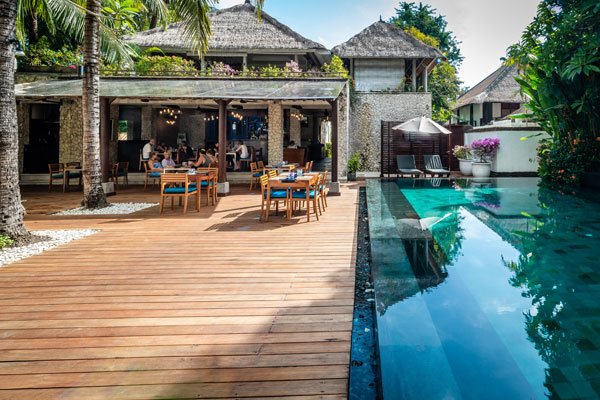Karma Group, a distinguished members-only hotel enterprise overseeing 45 resorts worldwide, including 15 in India, is poised to make a significant investment of $100 million over the next three to four years, according to company CEO John Spence.
The company is collaborating with Ernst & Young (EY) to evaluate financing possibilities, encompassing debt, private equity, and even the potential of an initial public offering (IPO). This substantial investment is earmarked for the development and acquisition of new resorts to sustain the company’s current annual revenue growth rate of 10-15%. Karma Group already generates $45 million annually from membership fees.
In the present fiscal year, the company aspires to attain a turnover of $150 million and expects an Ebitda (earnings before interest, tax, depreciation, and amortization) of approximately $30 million. Notably, around half of this revenue is anticipated to originate from India.
With around 85,000 members, a substantial portion of whom are Indian (approximately 25,000), Karma Group’s approach is often likened to the membership club model of establishments like Soho House, distinct from traditional hotel companies. Membership is accompanied by a points system that members can utilize for perks like seven free nights each year.
Reflecting on their origins in India in the 1990s, Spence noted that they recognized the changing desires of Indian consumers. He explained that these travelers sought quality package holidays and entertainment experiences, prompting Karma Group to position themselves more as an entertainment business rather than a conventional lodging or room-selling enterprise.
Karma Group made its initial foray into India with a modest resort in South Goa in the 1990s, later expanding to Bali (Indonesia) and Australia. Approximately nine years ago, they re-entered the European market. In India, the company owns most of its assets or enters long-term leases, demonstrating their low debt strategy.
Looking ahead, Karma Group is intensifying its efforts to cultivate more business within India, targeting the local market’s preferences for domestic and international travel. Their strategy includes expanding the range of properties both in India and worldwide to cater to the desires of Indian travelers. They are also exploring membership models better suited for millennials, recognizing their preference for shorter, less restrictive commitments compared to traditional 20-year memberships.
Spence elaborated, stating that millennials tend to favor annual membership offerings that cost around $990 per year, encompassing networking events and providing similar privileges as long-term members. By adapting to evolving consumer preferences and focusing on experiential travel, Karma Group is poised for growth and expansion in the hospitality industry.












